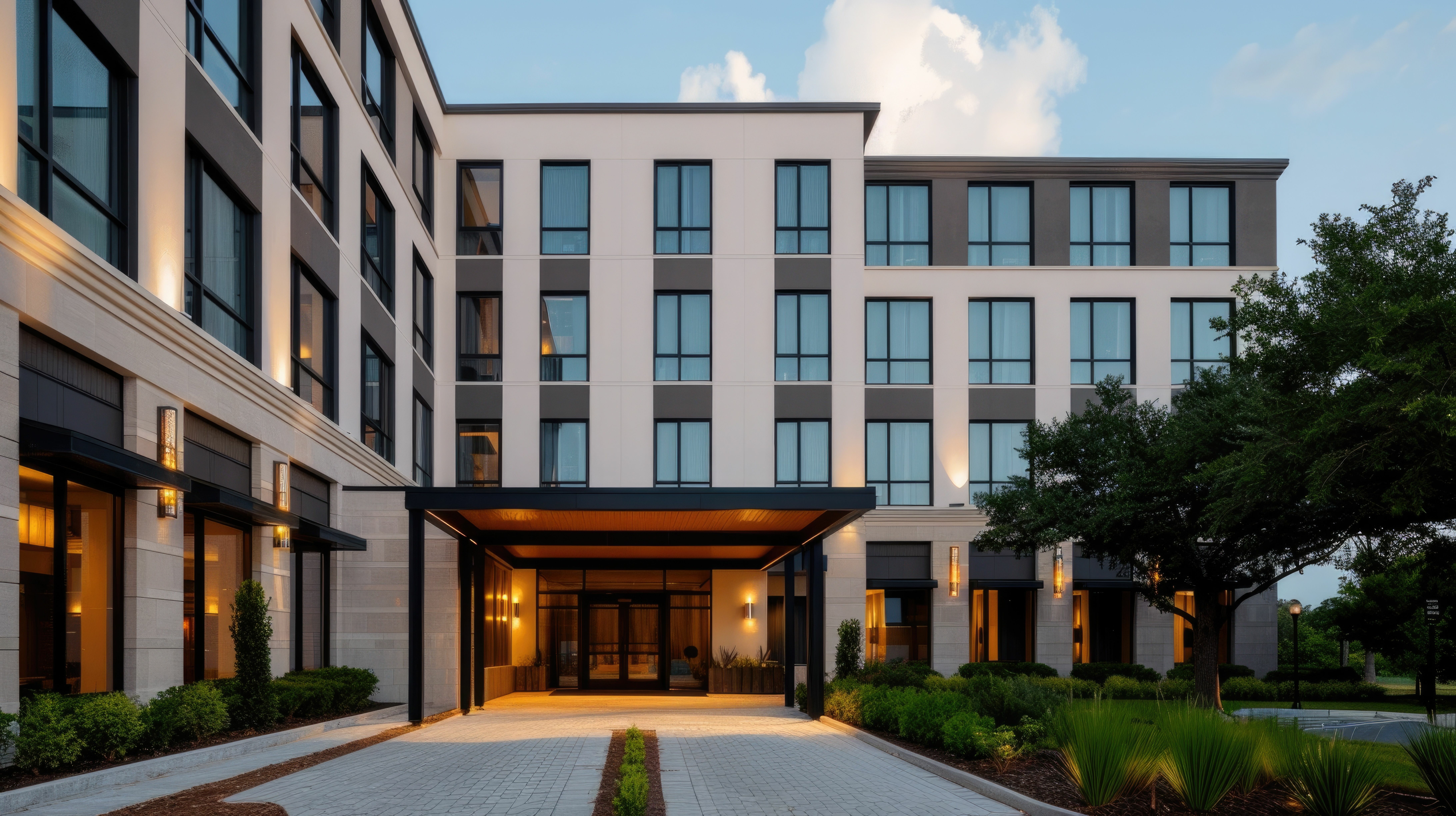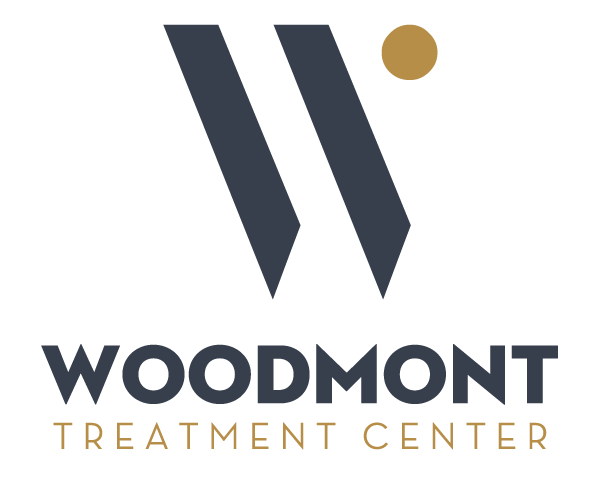Addiction and mental health disorders are often closely intertwined, and this connection plays a significant role in the challenges faced by many individuals seeking recovery. At Woodmont Treatment Center of New Jersey, we recognize the complexity of co-occurring disorders. We are committed to helping individuals address both their addiction and mental health needs with integrated, compassionate care. Understanding the link between addiction and mental health can be the first step toward recovery and healing.
What Are Co-Occurring Disorders?
Co-occurring disorders, also known as dual diagnosis, refer to the simultaneous presence of both a mental health disorder and a substance use disorder. It is estimated that nearly half of individuals with a severe mental illness will also struggle with substance abuse, and vice versa. These disorders can range from anxiety and depression to more severe conditions such as schizophrenia or bipolar disorder, paired with addiction to alcohol, drugs, or other substances.
The relationship between addiction and mental health is often complex and cyclical. In some cases, individuals may use substances as a form of self-medication to alleviate the symptoms of their mental health conditions. This creates a vicious cycle that can be difficult to break without professional help.
Connection Between Addiction and Mental Health Conditions
There are several ways in which addiction and mental health disorders are interconnected:
- Self-Medication: One of the most common ways addiction and mental health disorders are linked is through self-medication. Many individuals who suffer from mental health issues, such as anxiety, depression, or trauma, may turn to drugs or alcohol to cope with their emotional pain. While substances may temporarily numb feelings, they only provide a short-term solution and can ultimately make symptoms worse.
- Biological Factors: Both addiction and mental health disorders have biological components. Research has shown that there may be overlapping genetic, neurochemical, and brain structure abnormalities that make individuals more susceptible to both conditions.
- Environmental Influences: Environmental factors, such as trauma, abuse, neglect, or chronic stress, can significantly contribute to the development of both addiction and mental health disorders. Individuals who have experienced traumatic events, such as childhood abuse or the loss of a loved one, may turn to substances as a way of coping with the emotional and psychological aftermath. In turn, substance abuse can further strain the individual’s mental health, leading to a deeper sense of hopelessness, isolation, and despair.
- Cognitive Distortions and Behavioral Patterns: Co-occurring disorders often involve distorted thinking and maladaptive behavioral patterns. For example, individuals may believe that they need substances to function in social situations or that they cannot manage their mental health symptoms without them. These cognitive distortions can reinforce the cycle of addiction, making it difficult for individuals to recognize the need for treatment.
- Stigma and Isolation: The stigma surrounding both addiction and mental health disorders can further exacerbate the issue. People with co-occurring disorders may feel ashamed of their struggles and isolate themselves from friends, family, and support networks. This sense of isolation can worsen both the mental health symptoms and the addiction, creating a barrier to seeking help.
Challenges of Treating Co-Occurring Disorders
Treating co-occurring disorders can be particularly challenging because traditional treatment models may only address one condition at a time. If a person receives treatment for addiction without addressing the underlying mental health condition, the risk of relapse is high. Similarly, if someone only receives treatment for their mental health disorder without addressing the substance use, they may continue to turn to substances to manage their symptoms.
At Woodmont Treatment Center, we take an integrated approach to treatment, meaning we address both the addiction and the mental health disorder simultaneously. This holistic approach helps individuals achieve lasting recovery by treating the root causes of their struggles, rather than just managing the symptoms. This type of comprehensive treatment plan includes a combination of therapies, including individual counseling, group therapy, medication management, and support for mental health, which all work together to create lasting change.
The Importance of Seeking Professional Help
Recognizing and treating co-occurring disorders is crucial for lasting recovery. If left untreated, both addiction and mental health issues can lead to serious physical, emotional, and psychological consequences. Untreated mental health disorders can cause individuals to spiral deeper into addiction, while untreated addiction can trigger or worsen mental health conditions, creating a dangerous and often overwhelming cycle.
If you or a loved one are struggling with both addiction and a mental health disorder, seeking professional help is the first step toward recovery. With the right treatment and support, individuals can break free from the cycle of addiction and begin the process of healing.
The Woodmont Treatment Center Difference
At Woodmont Treatment Center of New Jersey, we understand that each individual’s journey to recovery is unique. Our team of experienced professionals is committed to providing compassionate care tailored to meet the specific needs of each person struggling with co-occurring disorders. We offer evidence-based treatments, a serene environment, and a dedicated team to guide you through every step of your recovery journey.
Our integrated approach to treatment ensures that both the mental health and addiction components of your condition are addressed in a holistic manner, giving you the best chance at achieving lasting sobriety and mental well-being. Whether you’re struggling with anxiety, depression, trauma, or another mental health condition alongside addiction, we are here to help.
Take the First Step Towards Healing
Don’t let co-occurring disorders control your life any longer. Reach out to Woodmont Treatment Center today for a comprehensive, compassionate treatment plan that addresses both your addiction and mental health needs. Our expert team is here to guide you through your recovery journey and provide you with the tools and support you need to reclaim your life.
Contact us today to learn more about our services and how we can help you on your path to lasting recovery in the Tristate area. Together, we can build a foundation for a brighter, healthier future.


























